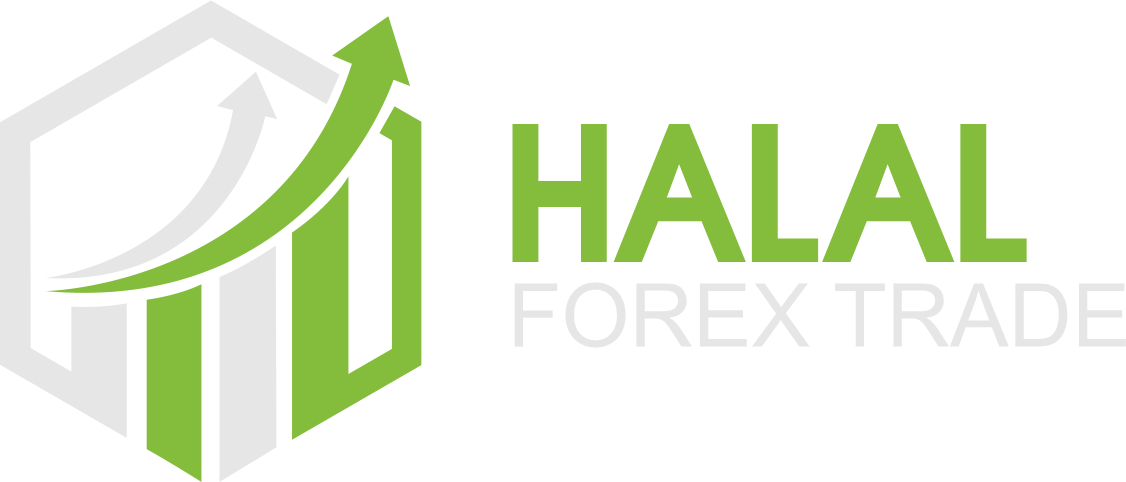Enhancing the Flexibility of Islamic Forex Trading
Key Takeaways
- Islamic forex accounts grant flexibility without violating religious principles.
- The swap-free mechanism allows for long-term trading.
- Brokers employ varied fee structures, including wider spreads and increased commissions.
- Other halal investment options include Islamic Bonds and Mutual Funds.
- Knowledge of these options is essential for informed financial decisions.
Table of contents
A Closer Look at Shariah-compliant Flexibility in Trading
Islamic forex accounts provide Muslim traders with a significant degree of flexibility without compromising on their religious obligations. This flexibility is primarily due to the relatively standard leverage options offered by most brokers, and the option for traders to hold their positions indefinitely without incurring swap fees.
- Flexibility in Holding Positions: The swap-free mechanism equips traders with the liberty to hold positions as long as they wish without worrying about accruing interest.
- Hassle-Free Long-Term Trading: With the assurance that their financial activities are halal, Muslim traders can leverage long-term strategies comfortably. For more insights, read about ethical strategies in halal forex trading here.
- Varied Leverage Options: Equal access to high leverage ratios, sometimes up to 1000:1, offers Muslim traders the opportunity for sizable profits even from small price changes. Learn more about the leverage options in Islamic forex accounts from Islamic Markets – Practicality of Islamic Forex Accounts.
Exploring Nominal Non-trading Fee Structures
With Islamic forex brokers unable to charge interest, they typically adopt different fee structures to cater to their Muslim clientele. As such, it’s crucial for traders to understand these alternative fee systems and subsequently make informed financial decisions.
- Wider Spreads: Brokers may compensate for the absence of swap fees by applying wider spreads on Islamic accounts.
- Increased Commissions: Some brokers may implement higher commission charges per trade to substitute the absence of swap fees.
- One-Time Administrative Charges: Certain brokers may levy a one-time fixed fee, which can reduce transparency in some instances. For elaborate insights, check OANDA – Islamic Account Fee Structures.
Transitioning to Halal Investment Options
While the Islamic forex account is one fee-free platform for trading, it is not the only ‘halal’ investment option available to Muslims worldwide. There is a considerable range of financial instruments that comply with Islamic law. Get detailed insight into these ethical strategies here.
- Islamic Bonds (Sukuk): These bonds fulfill the Islamic prohibition of collecting interest by sharing the profit derived from an underlying asset with investors, rather than paying out fixed interest.
- Islamic Mutual Funds: These funds only invest in Shariah-compliant companies, excluding those involved in forbidden activities like gambling or alcohol production.
- Islamic ETFs (Exchange Traded Funds): These reflect an index composed of Shariah-compliant stocks. For further readings, refer to Investopedia – Islamic Finance.
Frequently Asked Questions
In this section, we’ll address some common inquiries regarding Islamic Forex trading and related topics.

